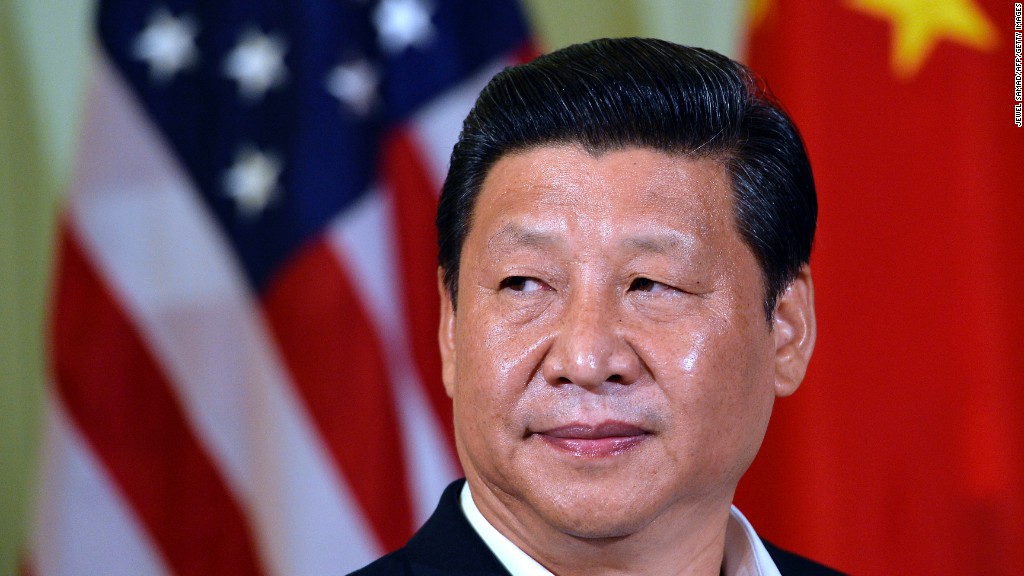
President Xi Jinping's rare interview with The Wall Street Journal on the eve of his U.S. visit could only be read in China through the filter of state media.
That's because the English and Chinese editions of the newspaper's website are currently blocked by the country's censors.
The interview is something of a journalistic coup -- Xi rarely speaks with foreign media, and this is his first interview since China's stock markets crashed in June.
The Journal questioned Xi on his government's response to the market crisis, its campaign to build islands in the disputed South China Sea, cybersecurity, and Beijing's anti-corruption crackdown.
The questions were tough, but Xi rarely deviated from the script, instead repeating previous lines taken by the government. He is due to arrive in Seattle on Tuesday for the opening leg of his first official U.S. state visit.
Related: What is China's president doing in Seattle?
In some ways, the manner in which the interview was conducted revealed more about China than Xi's answers.
The Journal said that in order to conduct the interview, it submitted a dozen written questions to China's Ministry of Foreign Affairs. The newspaper's story notes that while other officials "pulled together facts and research for the answers," the foreign ministry said that Xi "revised and reviewed them."
And who is Xi's intended audience? It's certainly not the residents of Beijing, Shanghai or Shenzhen.
Like some of the biggest names in media, the Journal's website is blocked in China. Its Chinese-language version is also inaccessible. Reuters, Bloomberg and The New York Times have also been blacklisted.
Xi's interview was excerpted and published by state-run news agency Xinhua. Many other Chinese media outlets carried the Xinhua version.
It's not just foreign newspapers that are banned. Google (GOOG), Twitter (TWTR) and Facebook (FB) are all off limits inside China's "Great Firewall." Taken together, the restrictions constitute the world's largest -- and most effective -- state-sponsored censorship program.
The Journal used its interview to ask Xi why foreign news sites, including its own, are blocked. Xi's answer was less than illuminating.
"We welcome all foreign companies in China and will respect and protect their lawful rights and interests provided that they abide by the laws and regulations of China and do nothing to undermine China's national interests," he said.
Related: China playing rough with big media
The response underscores the starkly different approaches the U.S. and China have to media, censorship and the Internet.
Earlier this week, Rupert Murdoch, the executive chairman at News Corp, which owns the Journal, met with Xi in Beijing.
"[We] welcome foreign media and correspondents to cover China stories, introducing China's development to the world, and helping the world grasp the opportunities [afforded by] China's development," the Chinese leader told Murdoch, according to state media.


